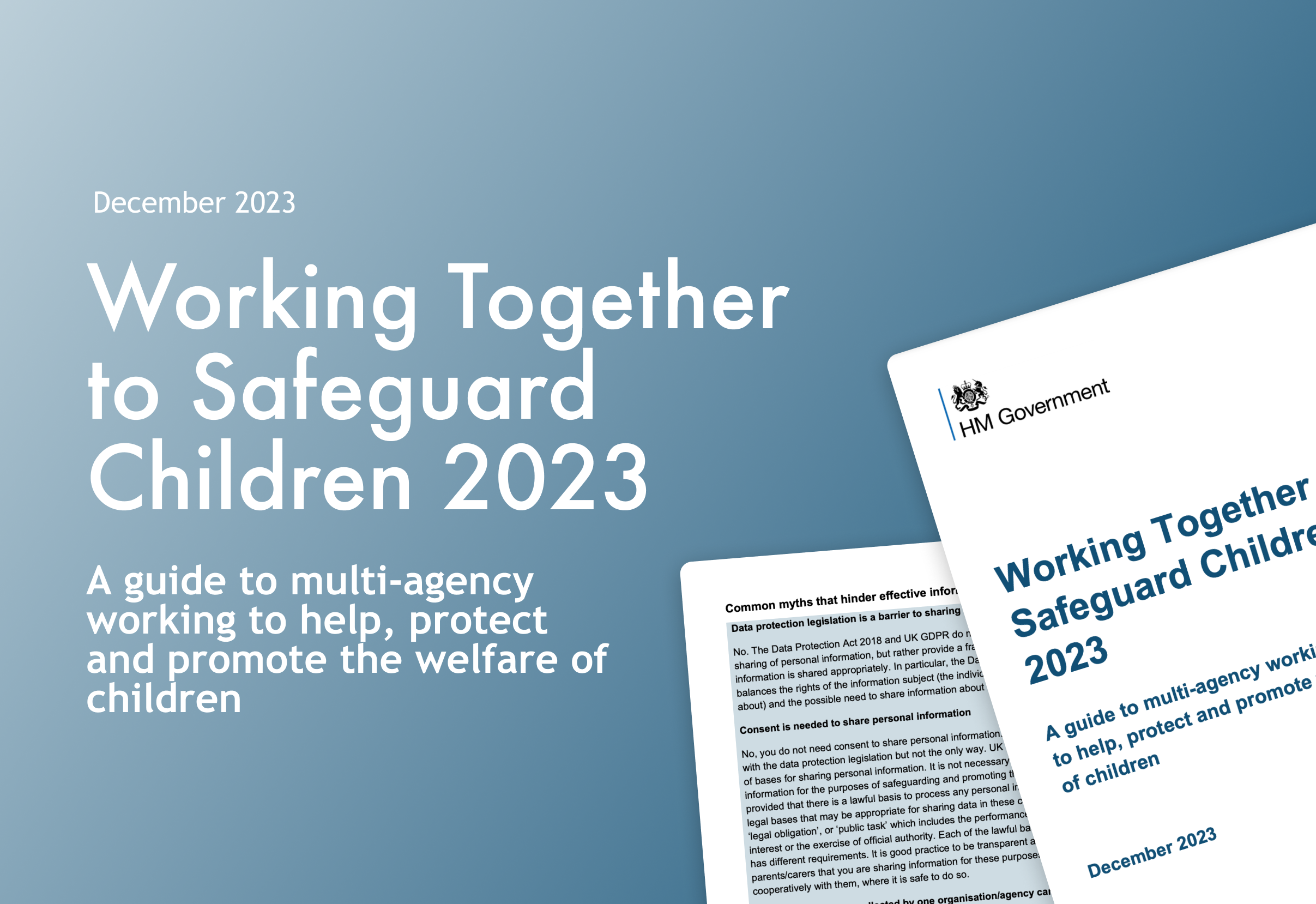The Blurred Line between Neglect and Poverty
Neglect and poverty are often intertwined, but the cost-of-living crisis has made the line between material poverty and neglect even more blurred.
Neglect is the failure to provide a child with the basic necessities of life, such as food, shelter, clothing, and medical care. Poverty is the lack of financial resources to meet these basic needs.
In the current cost of living crisis, many families are struggling to make ends meet. This can lead to situations where parents are unable to provide their children with everything they need. This does not mean that these parents are neglecting their children. They may be doing their best in difficult circumstances.
However, there is a risk that children living in poverty are more likely to be neglected. This is because their parents may be under a lot of stress and may not have the time or energy to care for them properly. Additionally, children living in poverty may be more likely to be exposed to other risk factors for neglect, such as domestic violence or substance abuse.
Statistics tell us that more than 1 in 4 children are now living in poverty, with millions facing the risk of going hungry and that 30% of children worry that their family does not have enough money to live comfortably.
It is important to remember that neglect is a complex issue. There is no one-size-fits-all solution. The best way to prevent and address neglect is to work with families to provide them with the support they need.
Identifying risk factors early on and providing preventative services can help prevent neglect from occurring in the first place.
Instead of placing blame on parents in poverty, communities must provide support and assistance. Providing signposting to local ‘Healthy Hubs’, food banks and pantries, clothing schemes, washing facilities and other practical support and services.
Addressing the blurred line between neglect and poverty requires a holistic, whole-family, and compassionate approach that aims to alleviate the economic hardships faced by families while providing them with the tools and resources they need to provide a safe and nurturing environment for their children.
It is important to note that parents in poverty are not to blame for their situation. They are facing a number of challenges, including lack of job opportunities, low wages, and high housing costs. By providing support and assistance, we can help parents in poverty to meet their needs and to raise healthy and happy children.


.jpg)
.jpg)



Comments
Post a Comment